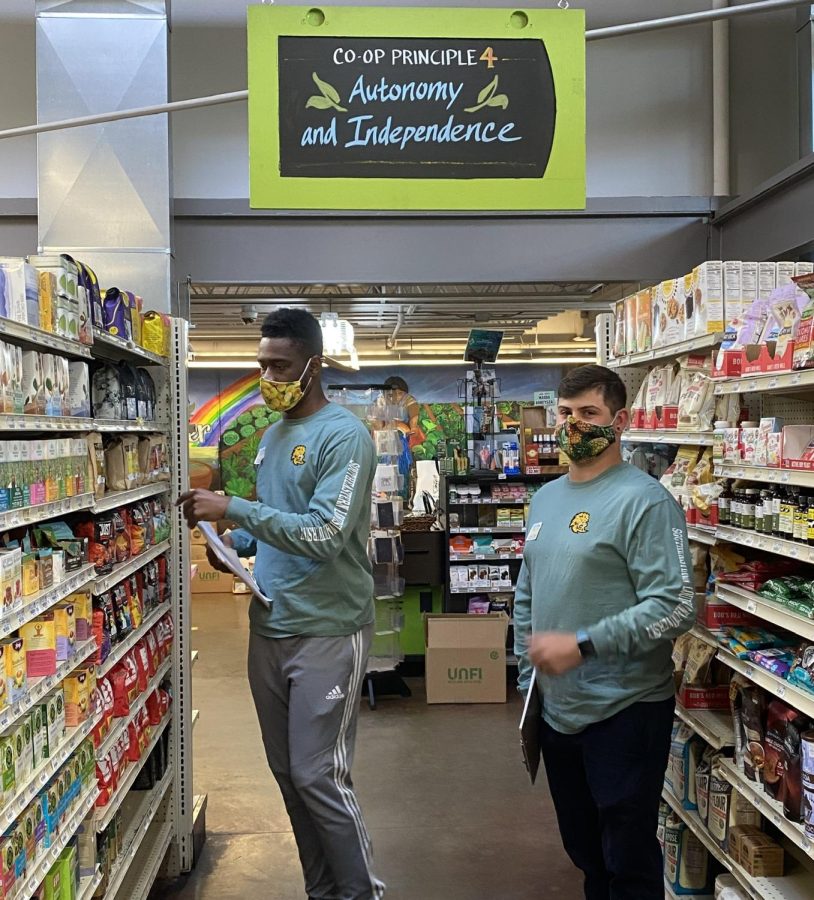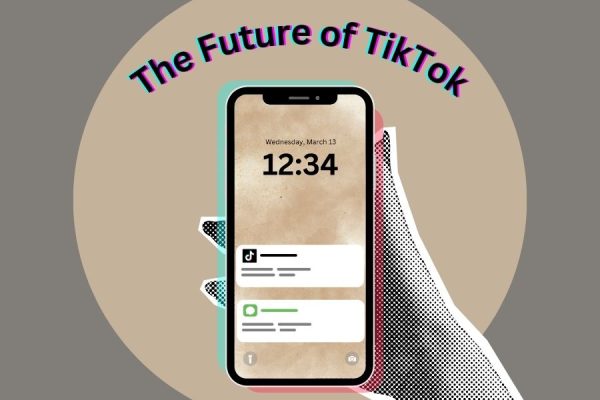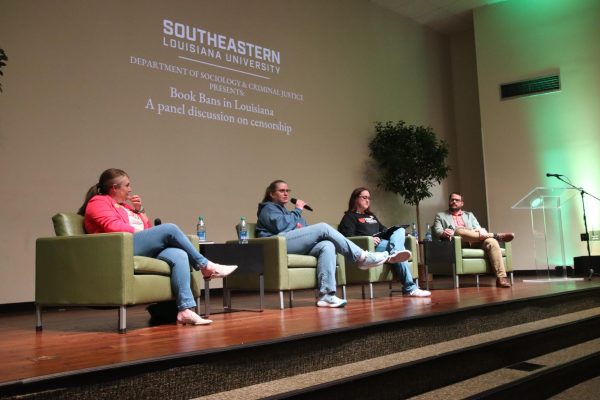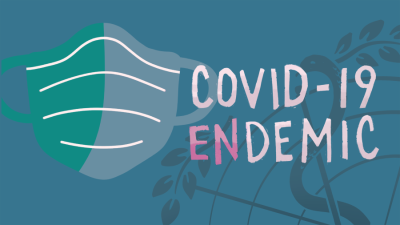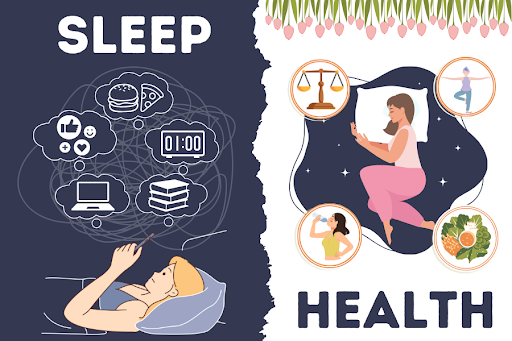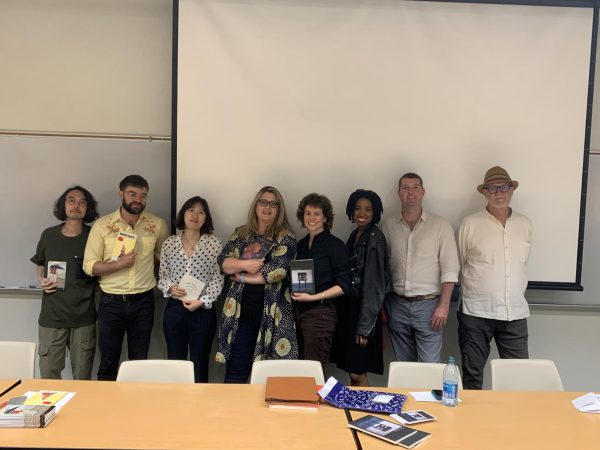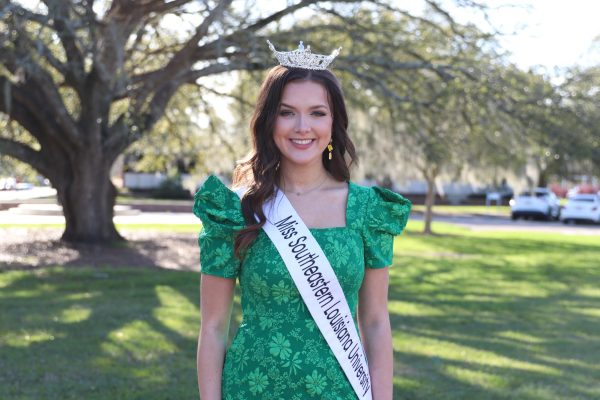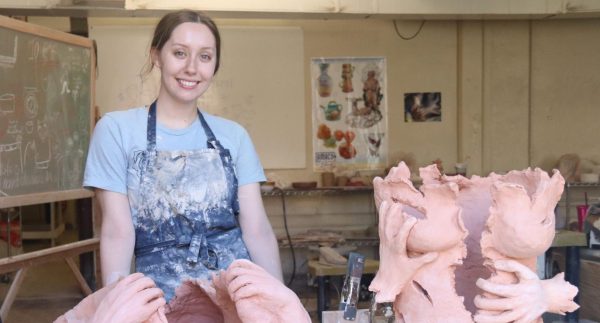Sociology students collaborate with New Orleans Food Cooperative
Last semester, students in Dr. David Burley’s environmental sociology graduate seminar began working with the New Orleans Food Co-op in an attempt to grow its membership and outreach.
A food cooperative is an outlet that is owned by members of the local community, instead of being owned by a private or public company. The purpose of a co-op is to give back to the community and the local economy.
Part of the appeal of a food cooperative is that many of the products are locally sourced and made, along with the sense of community the co-op provides.
The project initially came about due to Burley wanting to expand people’s knowledge of the co-op. He and his students spent the fall semester working with the co-op and researching ideas to present to management, staff and board members at the end of the term
“Since I’m on the board of directors for the co-op, as well as an environmental sociologist, one of my areas of focus is food justice issues. We wanted to know how we can reach more people in the community and offer what we have if they are interested,” Burley said.
Due to limited knowledge, along with misconceptions about cooperatives, the project was meant to spread awareness and support to the local community.
One of the students’ tasks for the project was price comparisons with the local Robért Fresh Market and Whole Foods, since they have a similar customer base. Additionally, the class researched cooperatives and the reasons why people join those in their community.
Applied sociology graduate student Ariane Adams said, “Only a couple of us were familiar with the concept of a cooperative because we had taken the same class with Dr. Burley in undergrad, but it was definitely a learning experience.”
Aside from visiting the cooperative to talk with and get feedback from customers, students also marketed the co-op’s principles through social media and proposed a twelve-month postcard campaign.
Sociology graduate student Donovan Storr said, “From the classroom setting, we did a history of co-ops to understand the economic and environmental benefits. We also researched the stigma and controversy around co-op pricing, so we made comparisons to co-op prices compared to more conventional businesses.”
Along with the marketing proposal, students also proposed the co-op implement a grant which would help fund local farmers and producers. According to the students’ plan, the co-op could fund the grant by donations from owner members. Since they have 4000 owner members, if 1000 donated $25, there would be a pot of $25,000 available. The co-op would then decide on how to distribute the funds. One idea would be to break the $25,000 into one grant of $10,000 and two grants of $7,500. Applicants would have to give a pitch for why they should get a grant.
Ultimately, the graduate students were able to put their sociological skills and knowledge to good use in a practical way for the community, all while gaining meaningful, real-world experience.
Storr, who is from the Bahamas, said the co-op project has been a brand-new learning experience.
“It helped me to understand more sustainable agriculture and food systems, as well as the intersection between agricultural and lending systems. I compared it to back home because we have a large agricultural base and I felt that because the population is so small that a co-op would be right up our alley,” he said.
The New Orleans Cooperative is located in the Healing Center Building on St. Claude Avenue. Additional information about the co-op can be found at nolafood.coop and on Instagram @nolafoodcoop.
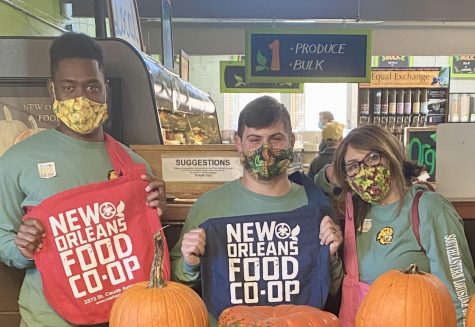
Editor’s Note: This story was updated on Feb. 8, 2022 for clarification regarding the current status of the co-op project.
Your donation will support The Lion's Roar student journalists at Southeastern Louisiana University.
In addition, your contribution will allow us to cover our annual website hosting costs.
No gift is too small.
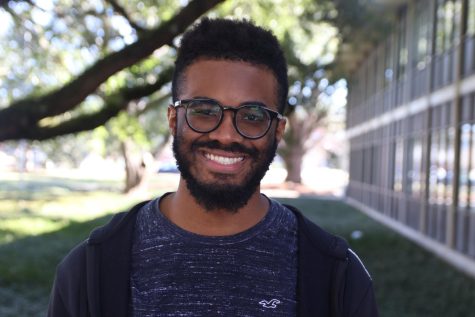
Ian Stewart is a creative writing major and serves as the opinions editor. He has worked on the newspaper staff since the Fall of 2021. Ian is a native...


